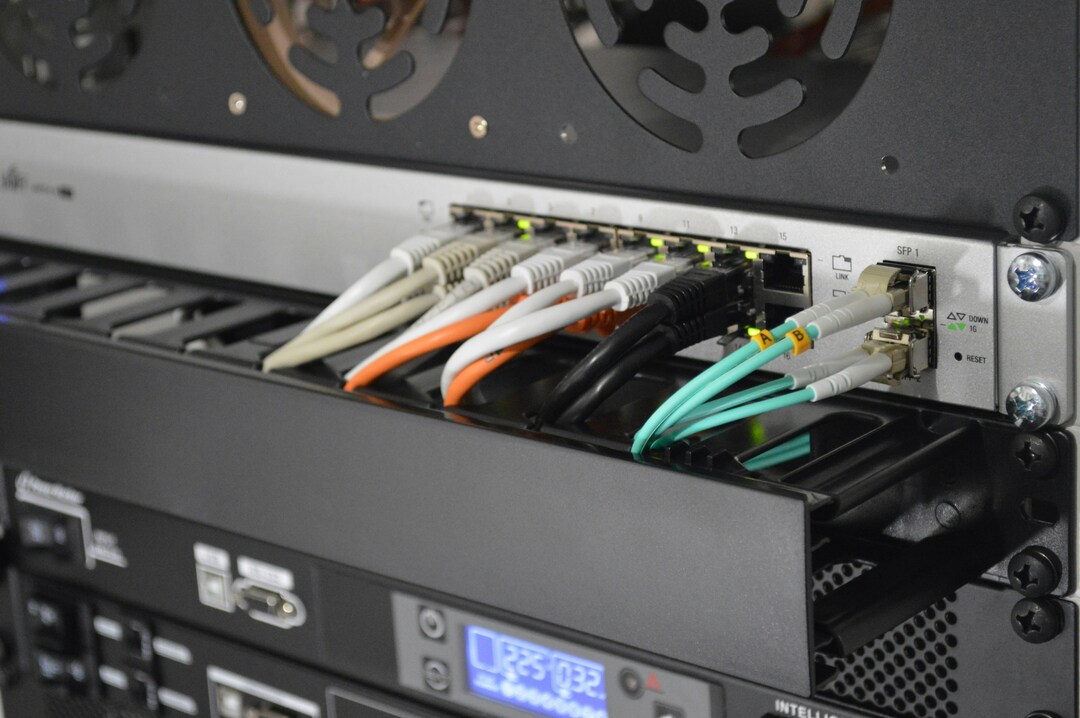Telecommunications
Empowering Telecommunications for The Future
Our infrastructure supports telecom operators, internet service providers (ISPs), and network providers in delivering seamless connectivity solutions.

Key Offerings
Network Infrastructure Hosting
Secure and scalable environments for telecom equipment.
Edge Computing & Content Delivery
Optimized solutions to improve speed and reduce latency.
5G & Fiber Optic Support
Infrastructure to support next-generation telecom networks.
Carrier-Neutral Data Centers
Flexible interconnectivity with multiple telecom providers.
